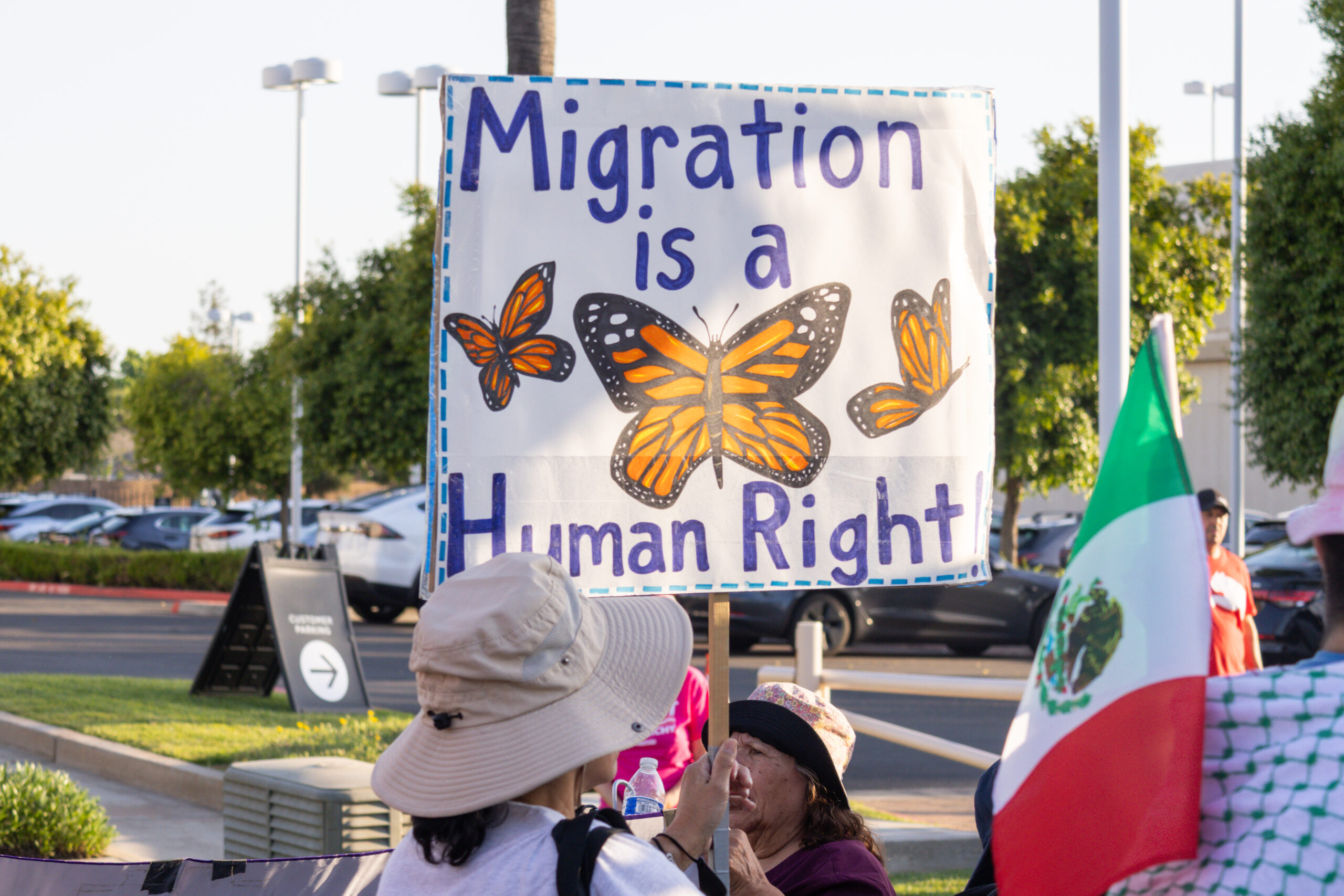Above: image by Steve Thao at the Fresno Juvenile Justice Campus
By Jacob Simas
Across the country today, there are more than 61,000 young people who eat, sleep and go to school in juvenile detention facilities; and a look at the data on those young people makes it safe to say that life becomes a lot harder for them once they enter the system.
The recidivism rate — the percentage of those who return to the system after being released — for the juvenile population nationally is close to 70 percent, roughly the same as the adult prisoner population. What’s more, the chances that a young person will achieve academically go down dramatically once a young person comes into contact with the juvenile justice system: young people age 16 and under who are arrested and detained are 26 percent less likely to finish high school by the time they turn 19.
The data reveals that one’s background has as much to do with incarceration as actual crimes committed: African American and Latino youth make up roughly 60 percent of the juvenile population in detention nationally, despite making up less than 30 percent of the overall population.
Because the chips are stacked against them, these youth run the risk of being stereotyped — by schools, potential employers, even by their own family members and neighbors — as young people who lack ambition, doomed to fall into the paths that the statistics suggest.
The Know Youth Media asked incarcerated young people at Fresno’s Juvenile Justice Center about their goals, and what we heard back from them painted a far different picture — one of hope for better, more productive future. Which begs the question: As a society, are we doing all we can to help them achieve it?
“When I’m released, I’m looking forward to going to school and doing well. My dream is to finish high school on time. I have to work hard to reach that goal.”
-Anonymous
“School in the JJC is better than the outside because we get our credits a bit faster and we are able to catch up a lot. At JJC, you either have an attitude and get an attitude or you give respect and get respect. It’s all up to you. After my release, I’m mostly looking forward to going to school and graduation.”
-Destiny
“My dream is to graduate high school and become an RN (Registered Nurse). What I will do to reach that goal is get out of JJC and stay out, pass the high school exit exam, and get my record sealed when I’m 18.”
-Shae
“When I get out I’m changing my life and [am going to] stay at home with my family and never [come] back in here ever, ever again. My dream is to change and not to do anything bad to end back in here again.”
-Christian
“I don’t like anything about this place. When I get out I am looking forward to seeing my family, hugging my mom and starting over and getting my life together.”
-Alivia
Court Schools from The kNOw Youth Media on Vimeo.
Support for this video and article was provided by The Equity Reporting Project: Restoring the Promise of Education, which was developed by Renaissance Journalism with funding from the Ford Foundation.


